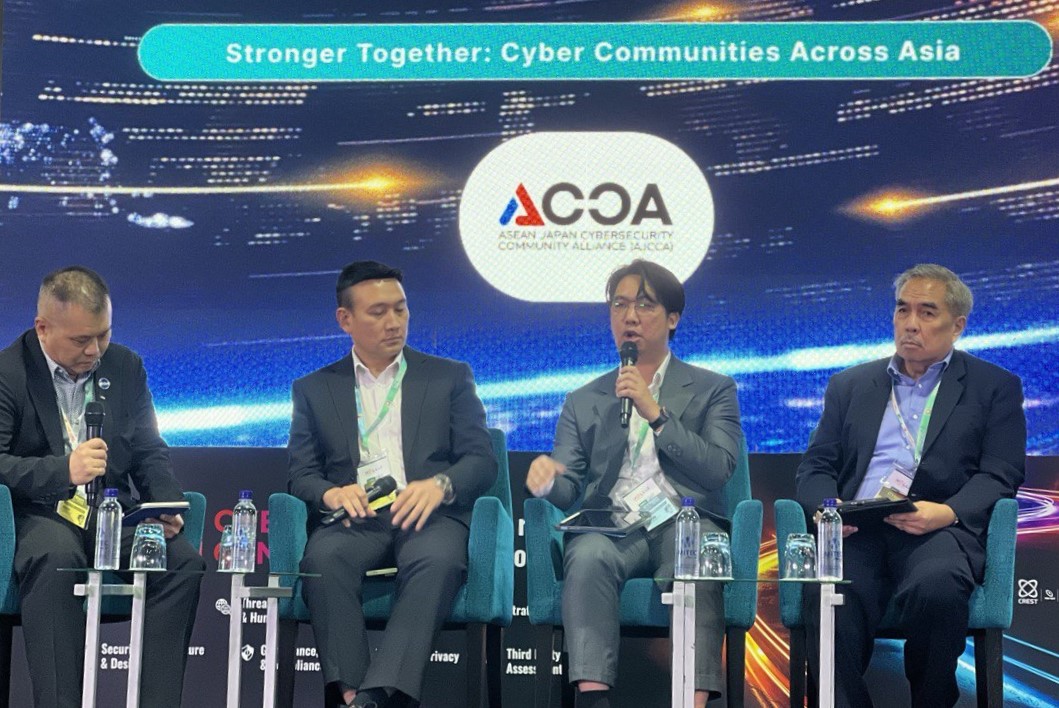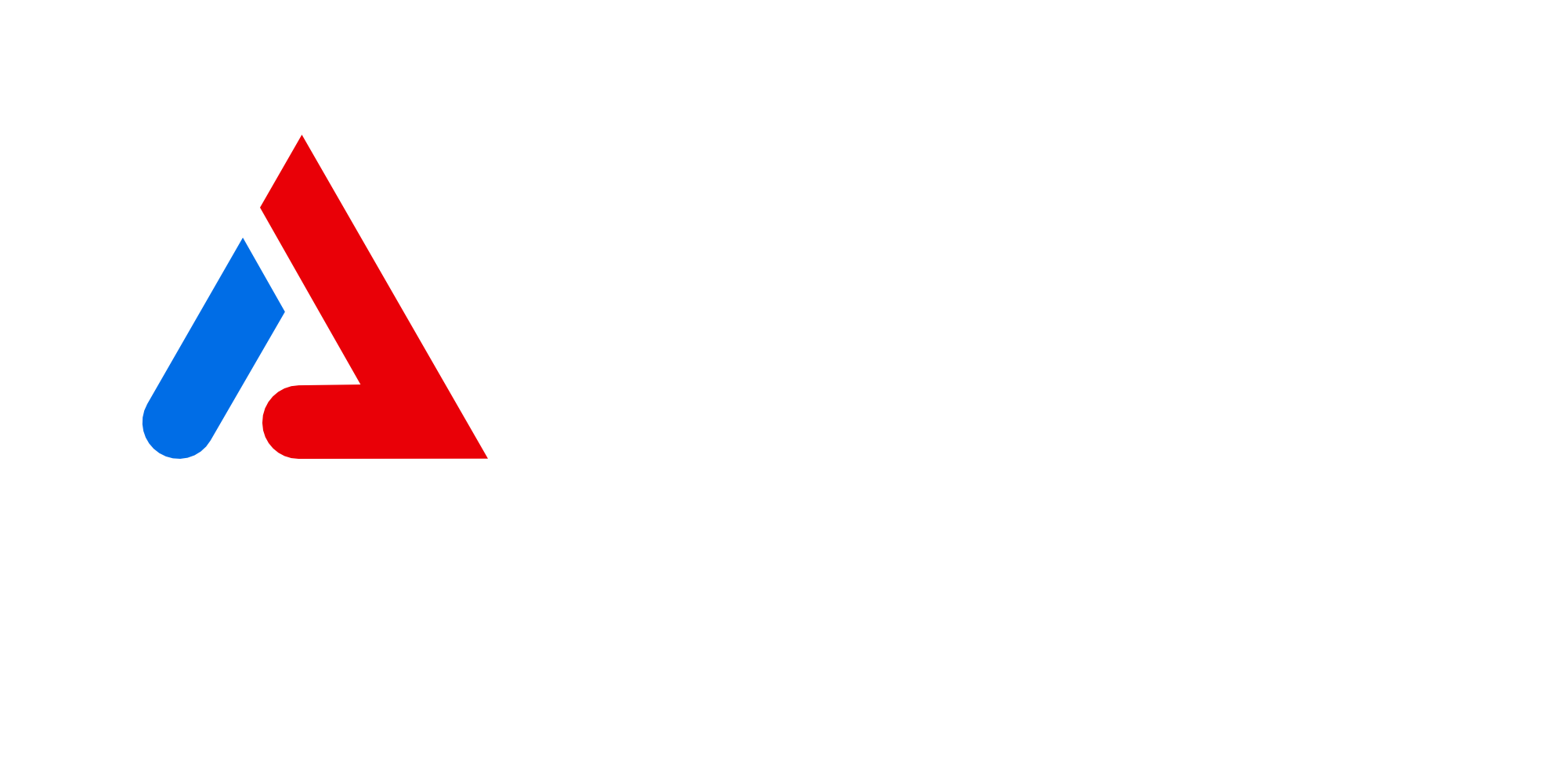As We Share, We Learn

Kuala Lumpur, October 1, 2025 – Cybersecurity is no longer just a technical issue; it has become a central pillar of economic growth and national resilience. This was the resounding message from a session at the Cyber DSA Conference 2025, where cybersecurity leaders from the Philippines, Singapore, Brunei, and Laos shared their perspectives on how countries can better prepare for today’s evolving cyber threats.
The session was moderated by Johnny Kho, Advisory Council Member and Immediate Past President of the Association of Information Security Professionals (AISP) Singapore. In his introduction, he highlighted the significance of the ASEAN Japan Cybersecurity Community Alliance (AJCCA), describing it as “a collaborative platform where we can collectively build stronger defences, foster a trusted digital ecosystem, and elevate cyber resilience across ASEAN and Japan.”
Country Perspectives on Cyber Threats
The panel brought together respected voices from the region: Mr. Mohamad Azad Zaki Haji Mohd Tahir, President of Brunei Cybersecurity Association (BCSA); Mr. Angel Jr. Averia (Lito), President of Philippine Computer Emergency Response Team (PH-CERT); and Mr. Sengxay Xayachack (Frank), Chairman of Lao Cybersecurity Community (LCSC).
Each leader shared the unique cyber challenges faced by their nation.
“Brunei is investing in digital transformation, but this must go hand-in-hand with cybersecurity,” said Mr. Azad Zaki. “Our priority is building awareness at every level—government, business, and individual users—so that the digital economy can grow with confidence and resilience.”
From the Philippines, Mr. Angel Jr. Averia pointed to the growing risks targeting critical infrastructure. “Our energy and transport sectors are increasingly dependent on digital systems. A cyberattack on these could cripple not only services but public confidence as well. The digital economy cannot thrive without trust, and that trust hinges on robust cybersecurity.”
Representing Laos, Mr. Sengxay Xayachack stressed the importance of building capacity within government institutions. “In emerging economies like ours, we are racing to digitalize government services. But this speed brings exposure. If we do not put cybersecurity first, we risk undermining the very progress we are trying to achieve.”
Proactive, Intelligence-Led Defence
Across the discussion, a common theme emerged: countries must move away from a reactive stance and embrace proactive, intelligence-driven strategies.
“Cyber intelligence is no longer optional,” noted Mr. Averia. “It gives us the visibility to anticipate threats before they hit. This is especially critical in a region like ASEAN, where attacks do not respect borders.”
Agreeing, Mr. Xayachack added, “We cannot just wait for the next breach. Sharing intelligence, learning from one another, and preparing together is how we will build resilience.”
Mr. Azad Zaki underscored this collective approach: “Collaboration is not just about responding to threats—it is about anticipating them. The more we share knowledge and experience, the stronger we all become.”
AJCCA as a Regional Bridge
Moderator Johnny Kho closed the session by emphasizing the strategic role of AJCCA in uniting voices and actions across borders. “What we heard today reinforces the idea that cybersecurity is a shared responsibility. The AJCCA provides that bridge—not only between ASEAN countries but also with Japan—so we can transform our collective knowledge into meaningful action.”
The session concluded with optimism and a clear call to action: collaboration, intelligence sharing, and proactive measures are no longer just good practices—they are essential for safeguarding the region’s digital economy and national resilience.
And as the leaders reminded the audience, the spirit of collaboration lies in a simple truth: as we share, we learn.

